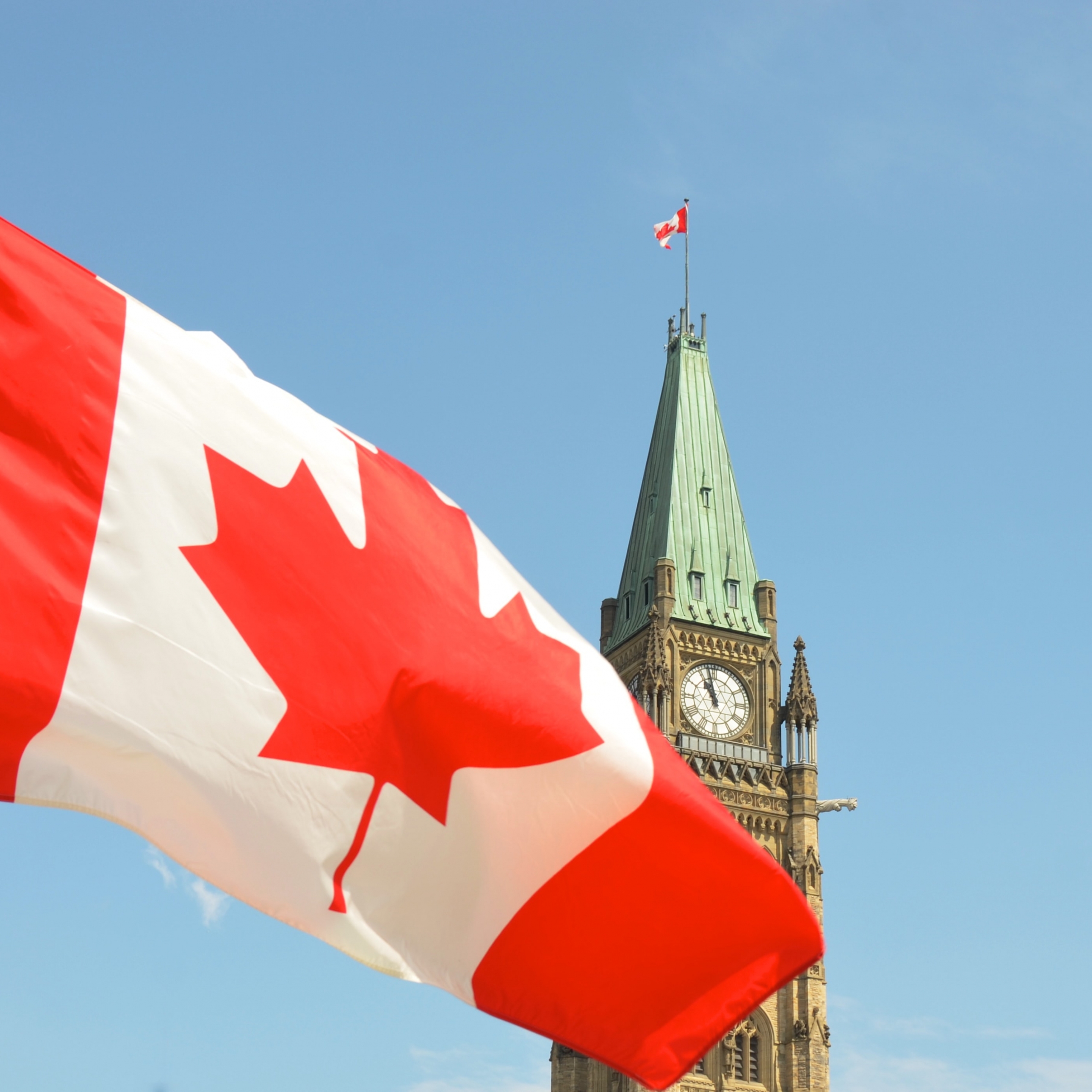by Invesco Tax & Estate team, Invesco Canada
On March 18, 2020, Prime Minister Justin Trudeau announced an $82 billion economic stimulus package made necessary by COVID-19’s impact on Canada and the global economy. The stimulus, delivered as part of the Government of Canada COVID-19 Economic Response Plan, is aimed at helping individuals and businesses who face financial hardship given current developments. The economic stimulus will provide $27 billion in aid, with a further $55 billion in tax-deferral measures.
Direct stimulus for individual
Tax relief measures
- Reducing the required minimum withdrawals from Registered Retirement Income Funds (RRIFs) by 25% for 2020 in response to the financial impact of volatile market conditions on seniors’ retirement savings. We have seen a similar measure implemented in the past. We fully expect that RRIF annuitants who have already received more than 75% of their calculated RRIF minimum will be able to recontribute the excess back into their RRIF and claim a deduction. Of course, we’ll have to wait until the government introduces the final tax rules to fully understand whether this will be allowed and whether the measure is more targeted (for example, by RRIF annuitant age). Remember that seniors who do not need their RRIF withdrawals right away can transfer the taxable RRIF minimum payment into a Tax-Free Savings Account (TFSA) or non-registered account and keep it invested in the hope of a future recovery.
- Introducing a deferral of the individual income tax return filing due date to June 1, 2020, and a deferral of the trust income tax return filing due date to May 1, 2020 for trusts with a tax year ending on December 31, 2020.
- Deferring income tax payments until September 1, 2020. No interest or penalties will accumulate during this period. This measure will apply to all taxpayers.
- Temporarily accepting electronic signatures previously not accepted by the Canada Revenue Agency (CRA) to help ease the administrative burden during this period.
- Providing support for low- and modest-income families who need immediate financial assistance given the circumstances. This will be facilitated through a one-time special payment (by early May 2020) through the Goods and Services Tax Credit (GSTC). The measure calls for doubling the maximum annual GSTC payment, which will provide an estimated average boost of $400 for single individuals and $600 for couples.
- Increasing the maximum annual Canada Child Benefit (CCB) for families with children for the 2019–2020 benefit year. The proposal increases the benefit by $300 per child.
- Implementing a six-month freeze on interest payments related to the repayment of Canada Student Loans.
Emergency support and enhanced benefits
- Waiving the mandatory Employment Insurance (EI) one-week waiting period for individuals in quarantine due to COVID-19, effective March 15, 2020.
- Waiving the requirement for medical certificates to access EI sickness benefits.
- Introducing the Emergency Care Benefit (ECB), which will provide up to $900 in bi-weekly payments for up to 15 weeks. People will be able to apply for this benefit in April 2020 through CRA My Account, My Service Canada Account or a toll-free number with an automated application process. The benefit will require an attestation, reconfirmed every two weeks, that applicants meet the eligibility requirements. Facilitated by the CRA, this benefit targets:
- Workers and self-employed individuals who are quarantined or sick with COVID-19 but who do not normally qualify for EI benefits.
- Individuals who are taking care of a family member who is sick with COVID-19 but who do not normally qualify for EI sickness benefits.
- Parents with children who require care or supervision due to school closures and who are unable to earn employment income, irrespective of whether they qualify for EI or not.
- Introducing an Emergency Support Benefit for individuals who lose their jobs or face reduced hours. This program will also incorporate the March 11, 2020 announcement regarding the EI Sharing Program, which provides EI benefits to workers who agree to reduce their normal working hours because of developments beyond their employers’ control.
- Providing assistance to homeowners through the Canada Mortgage and Housing Corporation (CMHC) and other mortgage insurers, with options that may include payment deferral, loan reamortization, capitalization of outstanding interest and other special arrangements.
- Supporting individuals experiencing homelessness during the COVID-19 outbreak, and supporting women and children who are fleeing violence through additional funding to women’s shelters.
Direct stimulus for businesses
- Providing a temporary wage subsidy to eligible small employers for three months to support businesses facing revenue losses and help prevent layoffs. The subsidy will be equal to 10% of remuneration paid during the period, up to a maximum subsidy of $1,375 per employee and $25,000 per employer. Eligible small businesses are those eligible for the small business deduction, non-profits and charities.
- Deferring taxes due between today and September 2020 until September 1, 2020 for all businesses. This applies to tax balances due and instalments payable. No interest or penalties will accumulate during this period.
- Implementing a freeze on contacting small and medium-sized businesses regarding GST/HST or Income tax audits for the next four weeks.
- Introducing targeted measures to enhance credit for small and medium-sized businesses through the Business Credit Availability Program (BCAP). The BCAP includes industries most affected by COVID-19, including oil and gas, air transportation, and tourism.
- Injecting about $300 billion into Canadian banks.
- Recently reducing the Bank of Canada’s interest rate to 0.75% to support the Canadian economy in response to the economic toll of COVID-19 and recent sharp reduction in oil prices.
- Launching an Insured Mortgage Purchase Program (IMPP) that will provide $50 billion of insured mortgage pools through the CMHC.
As part of the rollout of the stimulus package, Minister of Finance Bill Morneau indicated that the government will do “whatever it takes” to minimize financial hardship for individuals, businesses and the economy.
This post was first published at the official blog of Invesco Canada.











